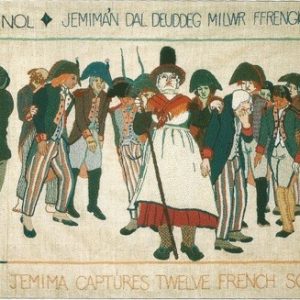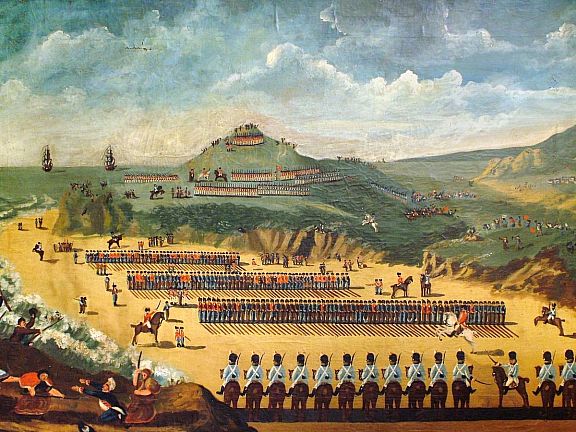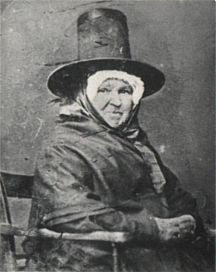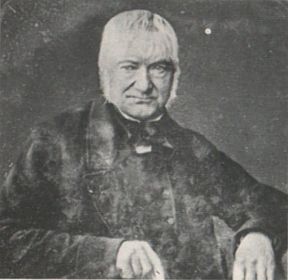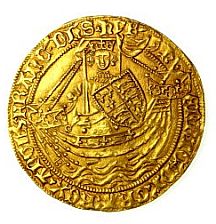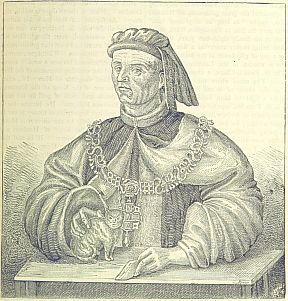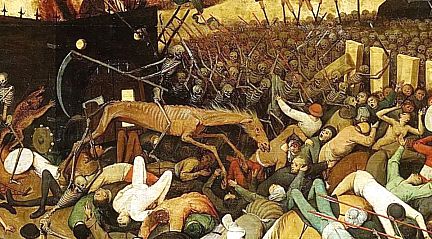Meet William Thomas Marshall, my great uncle.
Actually, I’m not absolutely positive this is William. It might be one of his brothers, but it’s generally assumed it’s him. I can describe him. He was 5’4”, weighed 10 stone, with a fresh complexion, brown eyes and black hair, a scar on his right forehead and a butterfly tattoo on his left forearm.
He grew up in a family of ostlers and cab drivers in Walworth, South London. In 1911, he was 22 years old, living at home, working as a messenger, although he also served for four years in the Territorials.
A year later, the firm he worked for went out of business and he decided to emigrate to Australia, where the boy done good. He became a farmer. I’m not sure where, but I’m guessing it was in the vicinity of Geelong, about 50 miles south west of Melbourne.
Being a farmer didn’t stop him enlisting with the Australian imperial forces and returning to England, on the Orsova, which arrived in Plymouth on 14th September 2016. He joined the Anzac forces at Hurdcott camp, where Australian troops certainly left their mark on the landscape, and spent a merry few months hopscotching between battalions and camps on Salisbury plain.
Maybe because of his experience in the Territorials, he was rapidly promoted to corporal and then Sergeant, and, ominously, attended a course at the grenade school in Lyndhurst, where he qualified as an instructor, He wasn’t just a goody two-shoes though. In April, 1917, he was demoted to Corporal again, for allowing a prisoner, Private Phillips, to escape. I think this is my favourite detail of his life.
Finally, on the 25th August 1917, he was sent to Southampton to reinforce the 59th Battalion, preparing to cross over to France. On 6th September, he arrived at Le Havre and marched on to join the 59th Battalion. You can guess what’s coming. Just over a month later, on the 19th October, he was killed in action.
Considering how very complete his army records are, in every other respect, you’d think there’d be more about the when and where and how, but no, it’s simply ‘killed in action.’
He is commemorated on the Menin Gate, where names of those without graves are recorded. I thought this puzzling, because, below that last ‘killed in action’ mention on his army record is a line in scribbled pencil “buried 25th November, 28 NE J5 b 30 65.


I asked the Commonwealth Graves commission if this made sense and was told that 28 NE J5 b 30 65 is a trench reference, It shows that William was buried near the village of Molenaarelst in Belgium – i.e. bang in the middle of the Passchendaele mud/blood bath. Maybe he was shot, or blown up, or maybe he was one of those who simply drowned in mud. It took more than a month to bury him, so I doubt if there was much still identifiable apart from his disc. At the end of the war, 200 bodies were recovered from Molenaaretst and re-interred in military cemeteries, but many others, including William Marshall’s, were destroyed in later shelling. Hence the Menin Gate memorial.
Which would be the end of his story, except that the Australian records go on. There are two sad letters from a Miss Gay Fanning in Geelong, Australia, the first pleading for information about William, to which she receive a bald notification of his death, and a second asking for the address of his parents so that she could contact them. Some army blimp sent her an officious reply stating that it was not current practice to pass on details of next of kin, I don’t know if she ever managed to contact them or if they ever knew she existed.

I hope, too, that she didn’t have any urgent personal need to contact his family, because there’s another army record which might take some explaining for her. In 1916, while stationed on Salisbury Plain, William made an army will, simply leaving all his worldly goods to be divided equally between his mother, Mrs E Marshall, and a Miss Mabel Westlake of 121 Oswell Road, Ipswich. Who? How did an Australian soldier, in Wiltshire, come to be forming a brief but obviously serious attachment to a young lady from Ipswich? Maybe she was a volunteer nurse, serving in one of the army hospitals. I will never know. There are records of several Mabel Westlakes marrying in the 1920s, so I hope she moved on.

The last record in William Marshall’s file quotes a letter from his mother, asking the whereabouts of his watch and chain that should have been forwarded to her. It never arrived, which is a sad waste, as is this story. So this is for you, Great Uncle Bill, and for Gay and Mabel and everyone else who missed you.














